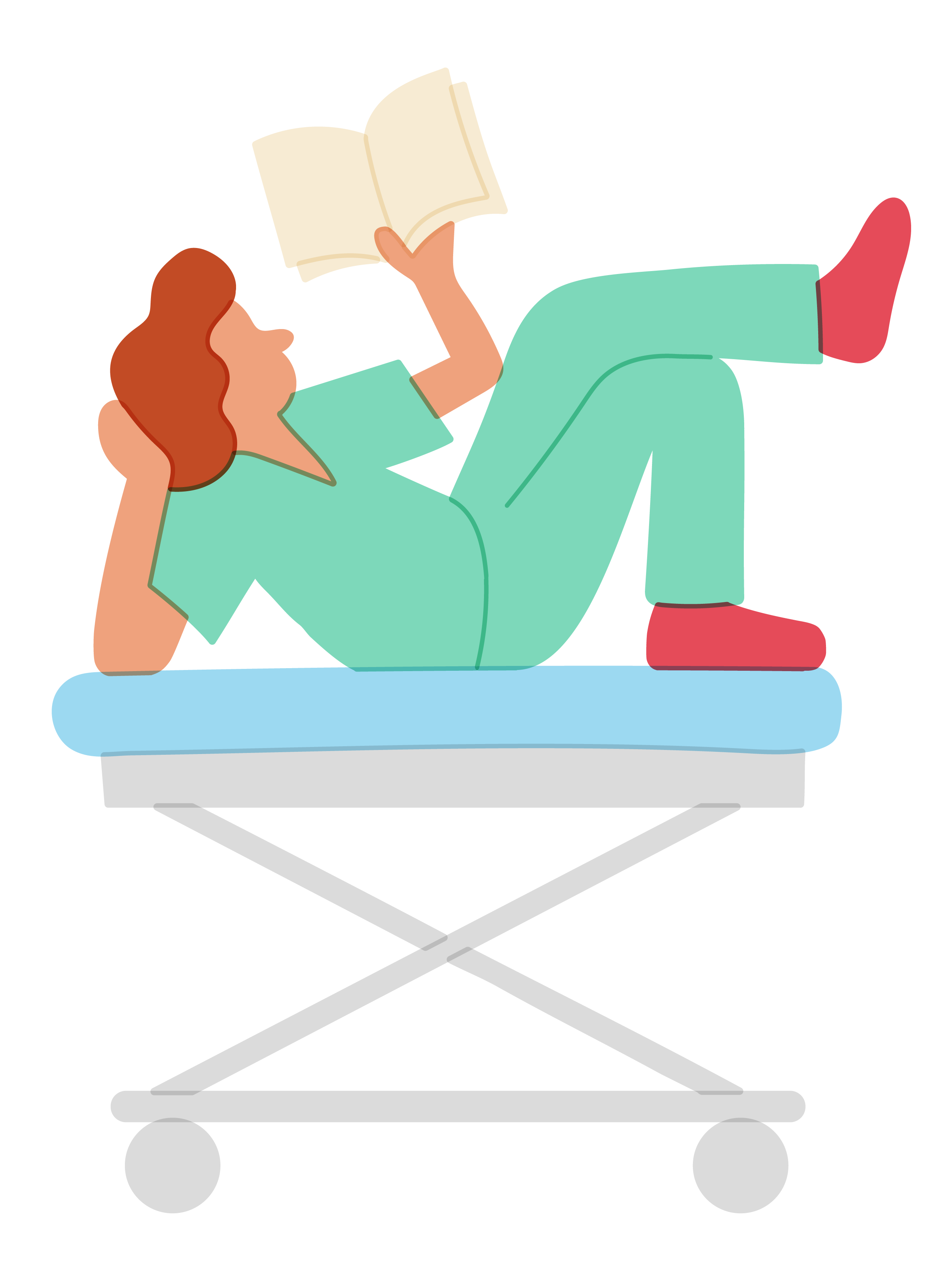Have you ever wondered...
- “How are pre-health students expected to do so much on top of maintaining good grades?”
- “How do some pre-health applicants have so many extracurricular activities, research experiences, and leadership experiences?”
- “How am I supposed to get research experience when I don’t even know the first thing about research?”
- “How am I supposed to get a personalized recommendation letter from science faculty when my class sizes are so large?”
- “I know I should get all these experiences and I want to, but how do I start?”
My advice? Be bold, be proactive, be present, and then be present again.
Believe me when I say that I know exactly how you’re feeling because not too long ago, I was in your shoes. I was the person that was too unconfident to apply for roles, too timid to initiate and foster a connection with faculty personally. Before I knew it, I became the applicant with a blank portfolio and minimal chances of admission to dental school.
While things turned out okay eventually, I wish I could've told my younger self that these mental barriers were self-imposed, and that taking risks held little consequence. So, my first piece of advice to you is: be bold! Dare to take risks. The fears you harbor are fears your colleagues also harbor, and so your willingness to put yourself out there will stack the odds in your favor of securing research positions, leadership roles, and recommendation letters.
My next piece of advice is to be proactive. Now that you’ve overcome your fear of action, actively seek opportunities to enhance your CV. Often, these opportunities arise subtly through workshops and school events, word of mouth from friends and colleagues, conversations with faculty and working professionals in your field, and even online postings! While attending numerous events might seem daunting and fruitless at times, the payoff from even one successful endeavor can be immense and worthwhile. I’ve lost count of how many times I’ve sought an opportunity that amounted to “nothing.” However, I’ve also lost count of the times that a single risk snowballed into a significant experience. And even if it truly doesn’t work out, the diverse and unique experiences gained can be used to your advantage as valuable talking points with future interactions with potential faculty, mentors, and interviewers.
My last piece of advice is to be present. I don’t just mean physically showing up – I mean showing up and investing yourself in conversations and learning from your colleagues, mentors, and even strangers. Carpe diem – seize the day! Take advantage of the opportunity to learn, network, and enjoy yourself. Ultimately, when you’re present, persistent, and engaged, people take notice, and good things happen. For instance, while I was in dental school and nearing the time of residency applications, I found myself on a clinic rotation. During lunch, as my colleagues decided to leave, I chose to stay behind to chat with the faculty. I took the opportunity to introduce myself to the attending faculty and engage in genuine conversation. I thought, “Who knows what I’ll learn or what doors this interaction may open for me.” As we talked, my interest in specializing in periodontics came up. To my surprise, the attending faculty revealed that my top program choice happened to be her alma mater for orofacial pain training and that she was good friends with the dean of the school. In a generous gesture, she offered to write a letter of recommendation to support my application. While I cannot quantify the impact of her recommendation, I am grateful to be able to say that I am currently enrolled in my top program of choice.
Be bold, be proactive, and be present. These principles form a powerful framework for success.

Comments